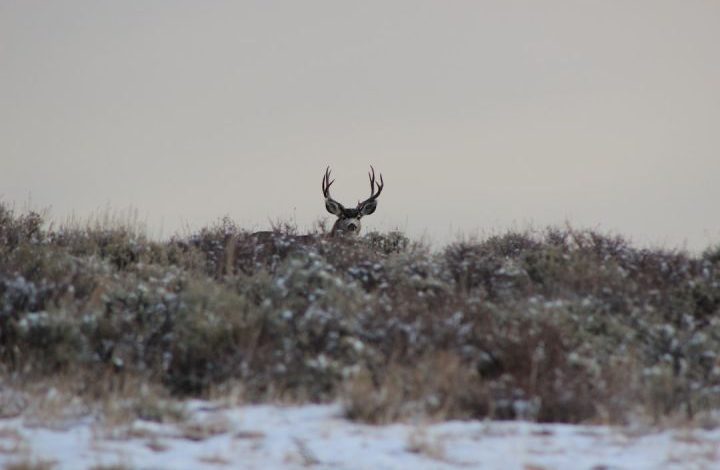How to Hunt Sustainably and Responsibly?

Hunting has been a part of human culture for thousands of years, providing food, fur, and even spiritual fulfillment. However, the increasing concern for wildlife conservation and environmental protection has brought the issue of sustainable and responsible hunting to the forefront. It is crucial for hunters to understand and practice ethical hunting methods to ensure the long-term survival of wildlife populations. In this article, we will explore some key principles and guidelines for hunting sustainably and responsibly.
Understanding Wildlife Populations
Before embarking on a hunting expedition, it is essential to have a clear understanding of the target species’ population dynamics and overall health. Conducting thorough research about the specific animal’s habitat, population size, and reproductive patterns will help determine whether hunting is sustainable in a particular area. Governmental conservation agencies and local wildlife organizations often provide valuable insights and data on wildlife populations, which can guide hunters in making informed decisions.
Respecting Bag Limits and Seasonal Restrictions
Bag limits and seasonal restrictions are put in place to ensure the sustainable harvest of wildlife. Bag limits refer to the maximum number of animals that can be legally harvested in a given hunting season, while seasonal restrictions specify the periods when hunting is allowed. Adhering to these regulations is crucial for maintaining the balance of wildlife populations and preventing overexploitation. Violating bag limits or hunting outside designated seasons can lead to severe consequences, including fines and the loss of hunting privileges.
Selective Harvesting and Trophy Hunting
Selective harvesting involves targeting specific individuals within a population, usually based on age, gender, or physical characteristics. This practice helps maintain the genetic diversity and overall health of wildlife populations. Trophy hunting, on the other hand, involves hunting for the purpose of obtaining a trophy, such as antlers or horns. While trophy hunting can generate revenue for conservation efforts, it must be carefully regulated to ensure that it does not negatively impact population stability. Responsible hunters should prioritize selective harvesting over trophy hunting, focusing on removing individuals that are past their prime or have a disproportionate impact on the population.
Ethical Shot Placement and Quick, Clean Kills
One of the most critical aspects of responsible hunting is ensuring quick, clean kills. Ethical hunters strive to make precise shots that result in the immediate and humane death of the animal. This requires practice and proficiency with firearms or archery equipment, as well as familiarity with the target animal’s anatomy. Responsible hunters should aim for vital organs, avoiding shots that may cause unnecessary suffering or prolonged agony. Additionally, hunters should be prepared to track wounded animals and recover them to minimize wastage and ensure that no animal is left to suffer needlessly.
Respecting the Environment and Local Communities
Responsible hunting extends beyond the act of harvesting animals. It encompasses a deep respect for the environment and local communities. Hunters should always strive to leave the environment as they found it, minimizing their impact on the ecosystem. This includes properly disposing of waste, avoiding damage to vegetation, and respecting the rights of landowners and local communities. Engaging with local stakeholders and supporting conservation initiatives not only helps preserve wildlife habitats but also contributes to the sustainability of hunting as a whole.
In conclusion, hunting sustainably and responsibly is crucial for the conservation of wildlife populations and the preservation of our natural heritage. By adhering to bag limits, respecting seasonal restrictions, practicing selective harvesting, aiming for ethical shot placement, and respecting the environment and local communities, hunters can ensure that their actions contribute to the long-term viability of both wildlife and hunting itself. Let us embrace these principles and become stewards of the natural world, ensuring that future generations can continue to enjoy the thrill and rewards of sustainable hunting.
